Tougher law to deal with drug cases
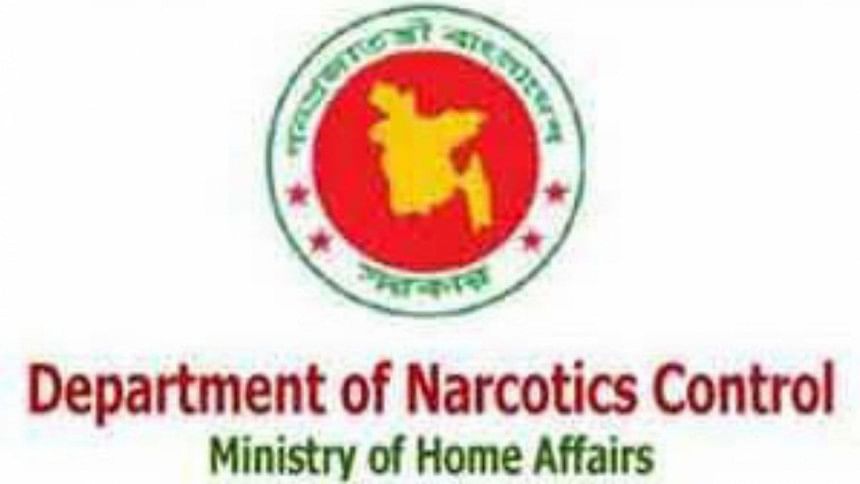
The Department of Narcotics Control (DNC) has drafted a law keeping a provision of death penalty for producing or processing more than 200 grams of yaba pills or the same amount of its ingredients.
The penalty for the offence could be death sentence or life imprisonment and fine, according to the draft of the Narcotics Control Act 2018.
The punishment would be same for transportation, possession, purchase or sale, export or import, and preservation of more than 400 grams of the tablets or the ingredients, it says.
Currently, the maximum punishment in yaba-related cases is 15 years of imprisonment.
The new move aims at stopping the yaba menace in the country, said DNC officials.
The government is planning to do away with the current anti-narcotics law -- Narcotics Control Act 1990 -- and have a “time befitting new law” passed in parliament to fight narcotics in a better way, DNC Director General Jamal Uddin Ahmed told The Daily Star.
“We are trying to formulate a tougher law where death penalty is maximum punishment in yaba-related cases.
“In the existing law, there is no scope for detaining the godfathers of the illegal drug trade. We have made way for such scopes incorporating different provisions in it [the draft law],” he said.
The draft law also proposes harsher punishment for cases related to some other drugs.
AAM Hafizur Rahman, a DNC additional director who was involved in the formation of the draft, told The Daily Star, "Apart from naming the yaba making ingredients and chemicals, the draft law also addressed all the possible sources which may be used for yaba production in the future."
Experts and rights activists, however, said all the stakeholders, especially the law enforcers, should rather play their roles properly for preventing the smuggling of drugs into the country or their spread across it.
Otherwise, they said, harsher punishments would yield no good results.
“We can't get rid of narcotics, especially yaba, without proper application of law,” said Nur Khan Liton, a human rights activist.
He also cautioned that misuses of laws often rise with making punishments harsher.
“On many occasions, members of police use narcotics as a means of amassing money from people illegally. In many cases, they do that by putting various drugs, including yaba pills, in people's pockets,” he said.
The pace of yaba smuggling into the country and the rapid increase in its use, particularly among the youth, is alarming, according to experts.
The US National Drug Intelligence Centre says yaba can cause rapid heart rate, increased blood pressure, and damage to the small blood vessels in the brain that can lead to stroke.
Chronic use can result in inflammation of the heart lining. Overdoses can cause elevated body temperature, convulsions, and death.
Recently, the DNC sent the draft law to the home ministry for scrutiny. The proposed law is likely to be discussed in an inter-ministerial meeting on March 13.
The proposed law also has strict provisions for bringing the financier and patroniser of illegal drug trade to book.
“If any person or persons or institutions committed offence under the law by investing money or supplying money or give patronisation, he or she would be held guilty under the specific section of the law and fined Tk 1 crore, in default of which he or she would serve five years in prison,” says the draft.
Besides, the proposed law defined Shisha as a drug. Shisha is mixture of essences of caramel-mixed fruit slices that contains nicotine more than 0.2 percent, the draft law defined.
"We have information that yaba and its ingredients and some other drugs are being used in the Shisha lounge, but we cannot carry out drive as the existing law does not permit it. We will launce raids against Shisha bars once the new law is passed," said a top DNC official.
The draft law will also allow officials concerned to carry out X-ray, ultrasonography, endoscopy and colonoscopy of suspects, if they believe the suspects may have hidden drug inside any parts of their bodies.

 For all latest news, follow The Daily Star's Google News channel.
For all latest news, follow The Daily Star's Google News channel. 

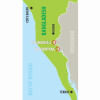
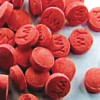

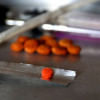
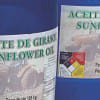

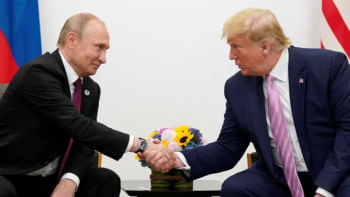
Comments